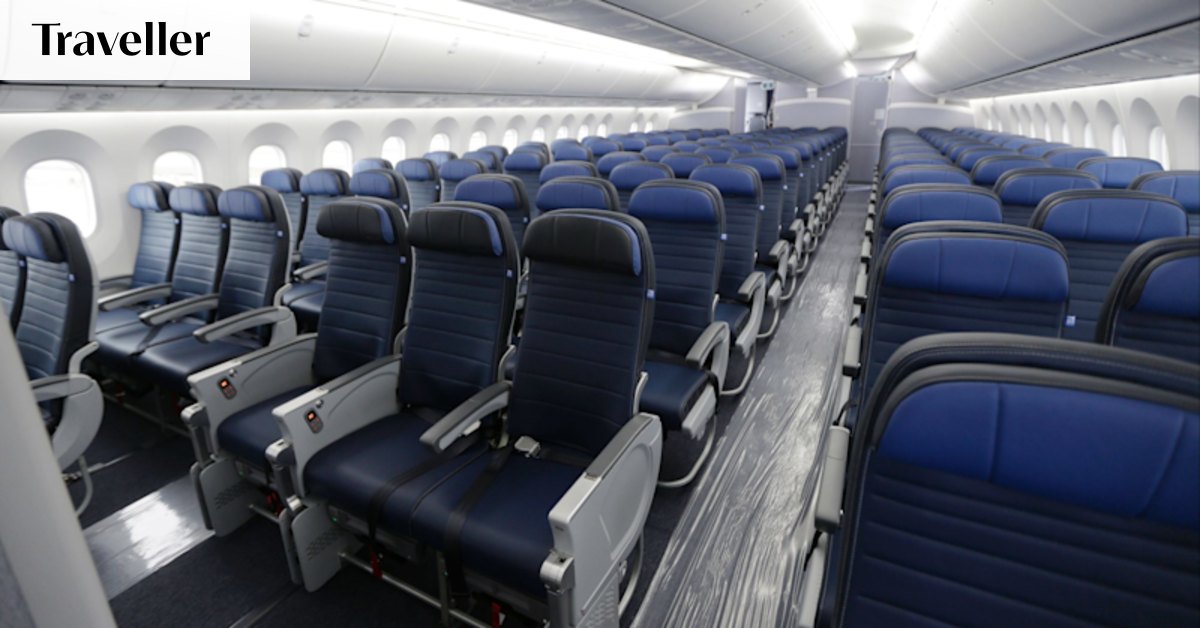
The owner of two popular Melbourne restaurants has announced their closure, delivering a surprising critique of his staff’s work ethic as a contributing factor. Pearl Chablis and Oyster Bar will serve its last meal on July 19 after three years in the CBD, alongside its sister venue Pinchy’s, known for its lobster rolls and champagne, which will also close that weekend.
Jeremy Schinck, the owner, explained to The Herald Sun that several factors influenced the decision, including mounting debt, dwindling CBD foot traffic, and the ongoing cost-of-living crisis. However, he notably pointed to the challenges of hiring quality staff post-Covid, describing the available talent pool as “mediocre and shrinking.”
‘Work ethic after Covid has deteriorated,’ Schinck stated. ‘When you have inconsistencies and restaurants opening and closing, new staff aren’t determined to do well in this job.’
The Struggle to Recover Post-Pandemic
Like many in the hospitality sector, Schinck has struggled to regain footing after the pandemic. Pearl Chablis and Oyster Bar became renowned for its fresh Australian oysters and French-inspired cuisine, yet it couldn’t escape the broader industry challenges.
‘We’re not getting the Monday-to-Friday crowds in the office,’ Schinck lamented. ‘At Pinchy’s, we have been hanging in there for the last two years and have had to work twice as hard to earn half as much.’
‘We’re never going to trade out of the debt we are in. The margins are that small and we’re not making up for the winter losses in summer. I’m just so deflated by it all.’
High Turnover and Staff Challenges
While wage costs were not the primary issue, Schinck highlighted the high turnover of staff as a significant problem. ‘They are paid entry-level corporate salaries but some are behaving like teenagers,’ he remarked. ‘They aren’t coming on board and thinking let’s stay here for five to ten years.’
This sentiment is echoed across the industry. A recent retiree from hospitality noted a shift towards hiring older staff for reliability and customer service skills, citing frequent absenteeism and tardiness among younger employees.
‘There had been a number of under 30s who did not cut the mustard,’ he said. ‘It was not unusual to have one regularly ring up sick on a Monday, or the day after a public holiday.’
Industry-Wide Concerns and Proposed Solutions
Others in the hospitality industry share Schinck’s concerns. An event industry worker expressed frustration with new staff’s focus on personal needs over professional responsibilities, leading him to plan an exit from the industry.
‘They turn up late then walk up the road to a cafe as, “I need my soy milk latte before I can face the day”,’ he said.
In response to these challenges, Schinck has called for the introduction of a tertiary qualification requirement for hospitality workers, akin to European standards, to ensure the profession is taken seriously.
Emotional Farewell and Future Outlook
Pinchy’s co-founder Samara Schinck described the closure as “deeply emotional.” She told Concrete Playground, ‘We poured our hearts into creating a space that celebrated great food, genuine hospitality and moments of joy.’
‘Unfortunately, the reality is that we can no longer make the restaurant work sustainably in today’s economic climate and at this location.’
The closure of these beloved venues highlights the ongoing struggles faced by the hospitality industry in adapting to post-pandemic realities. As business owners and industry leaders seek solutions, the call for structural changes, such as enhanced training and education standards, may pave the way for a more sustainable future.





